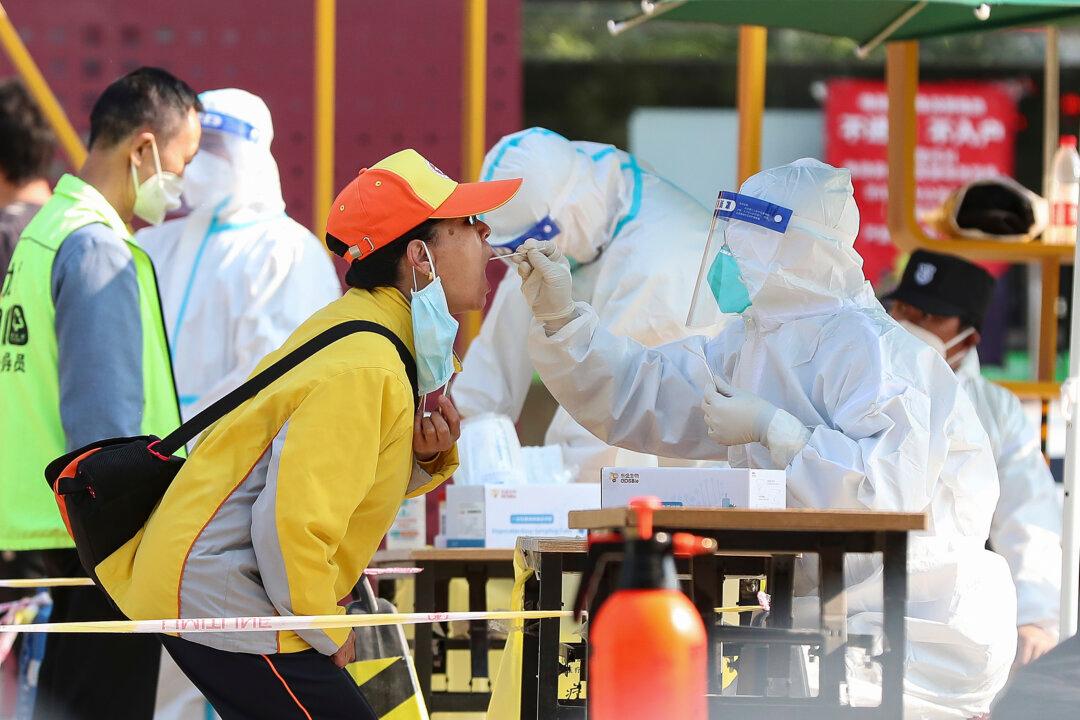After gradually tightening COVID-19 curbs over the past few weeks, Beijing officials on May 12 said they “recommend” that residents stay at home while new mass testing is underway.
Panic buying gripped the capital amid rising concern of a citywide lockdown, though authorities have dismissed lockdown speculation as “rumors.”




